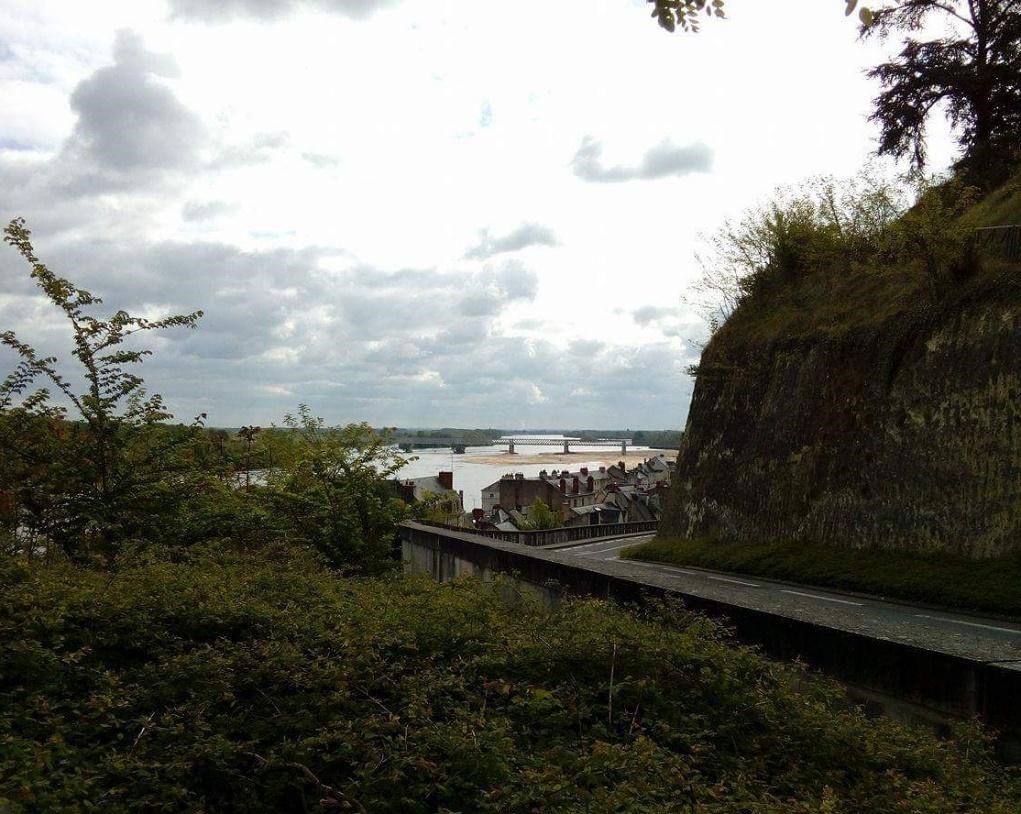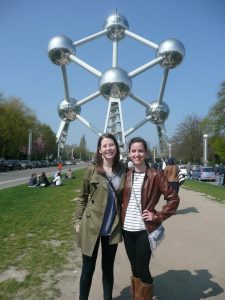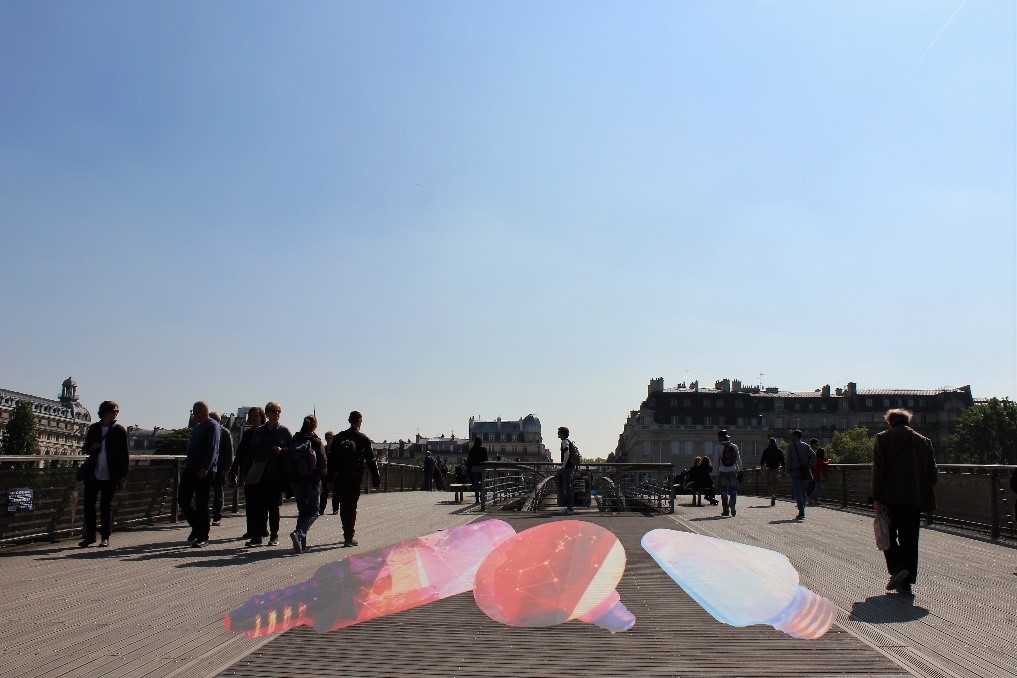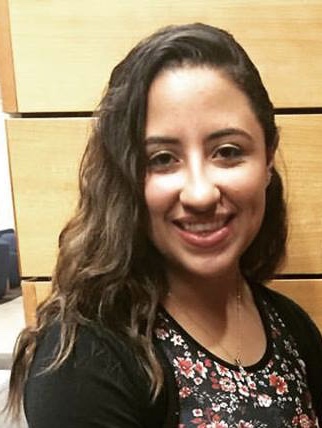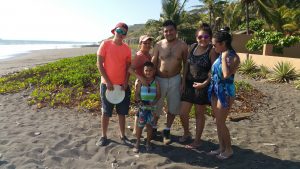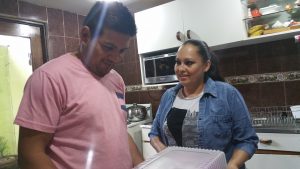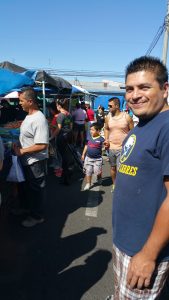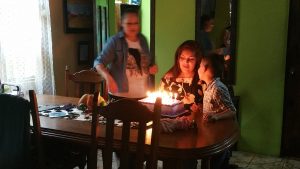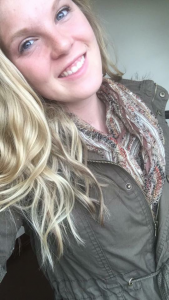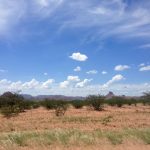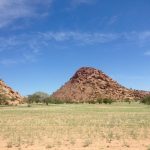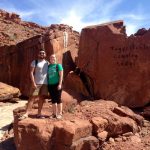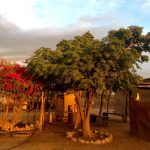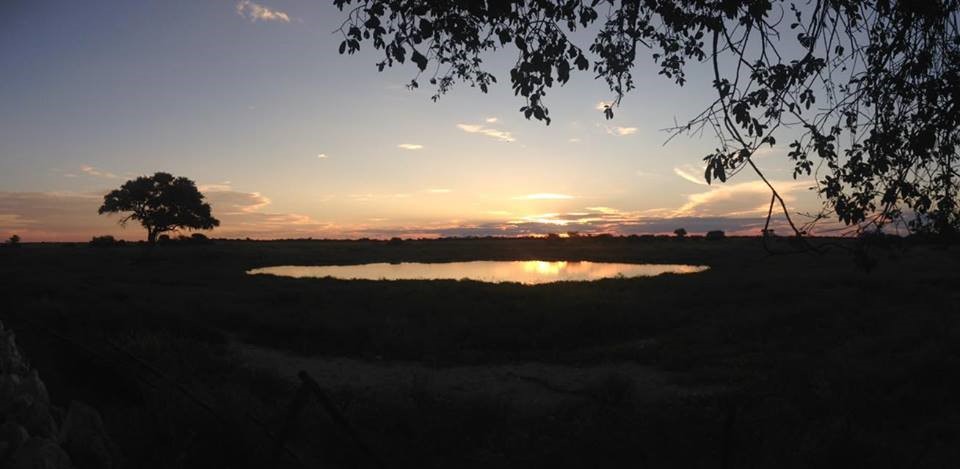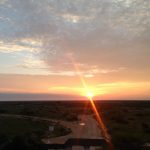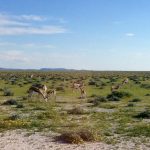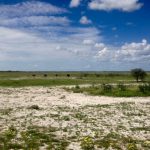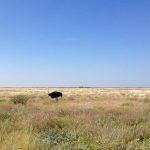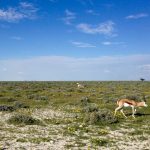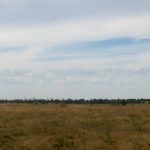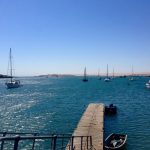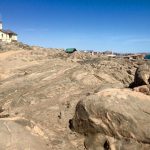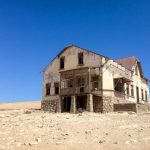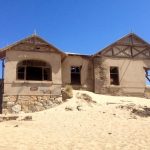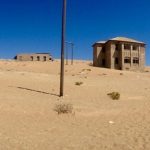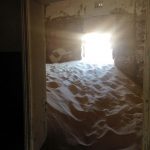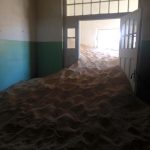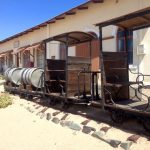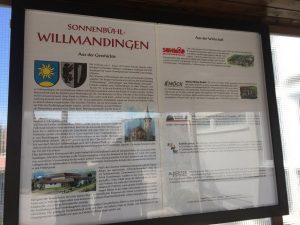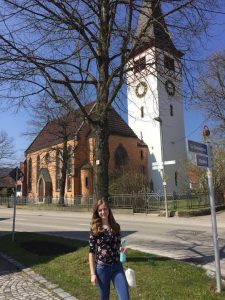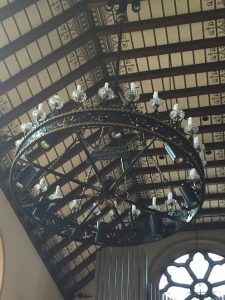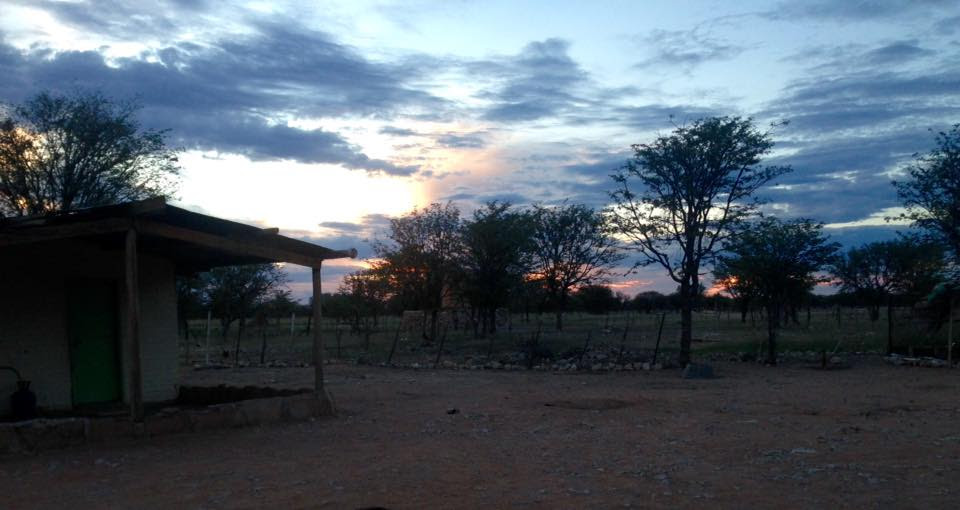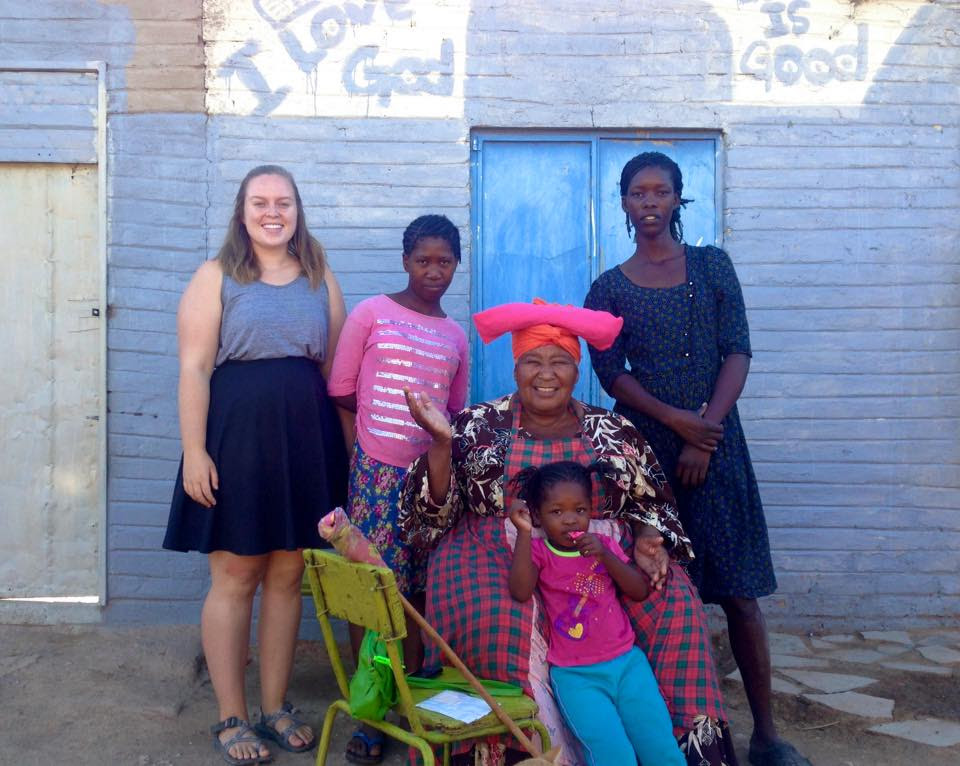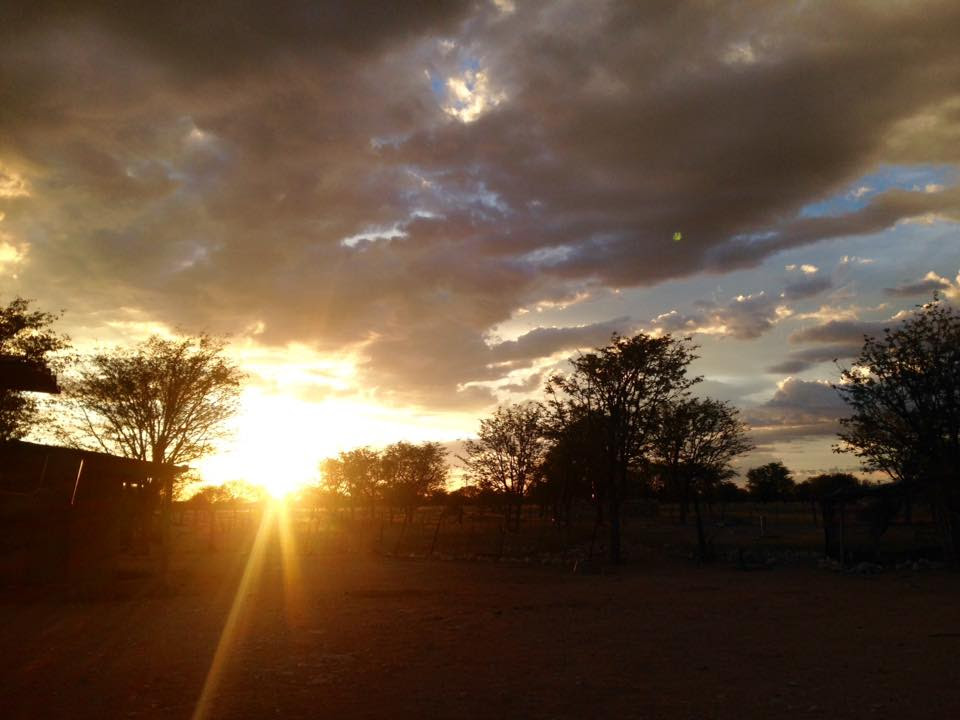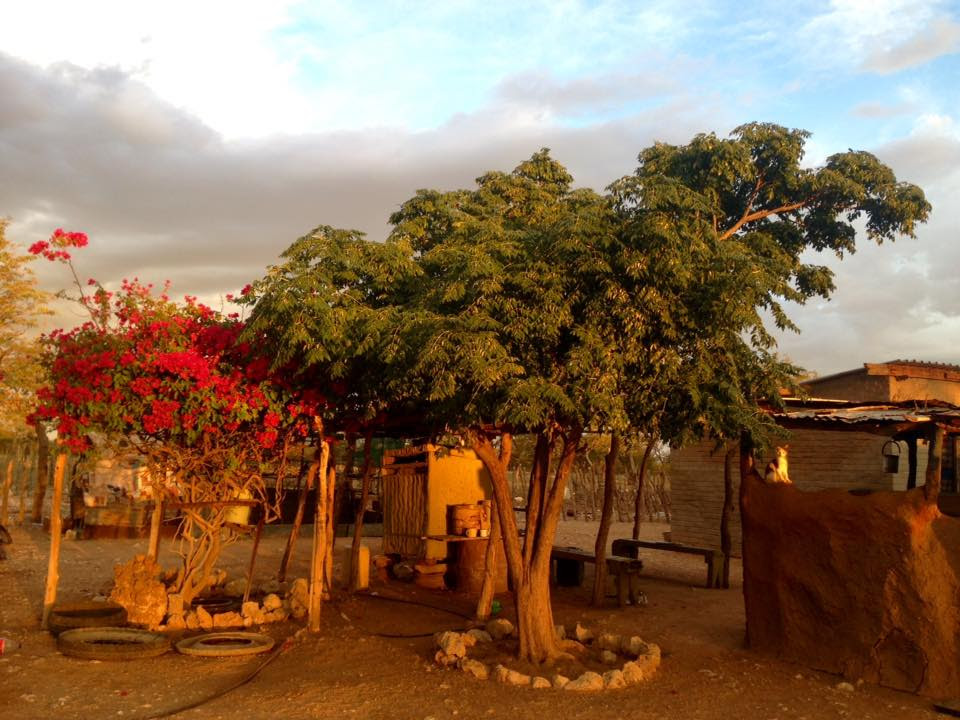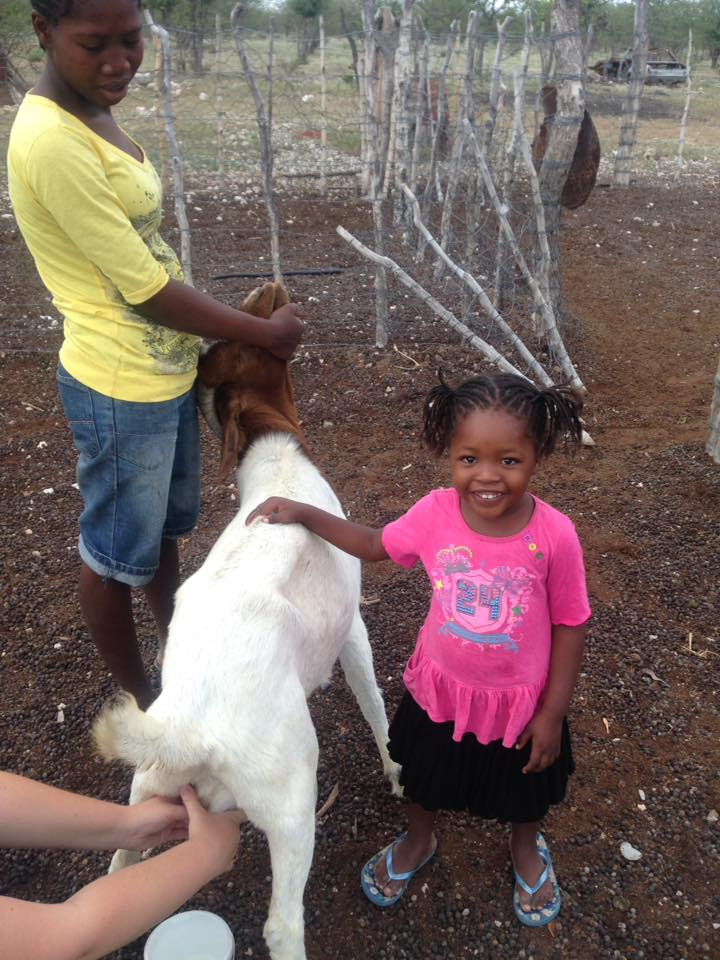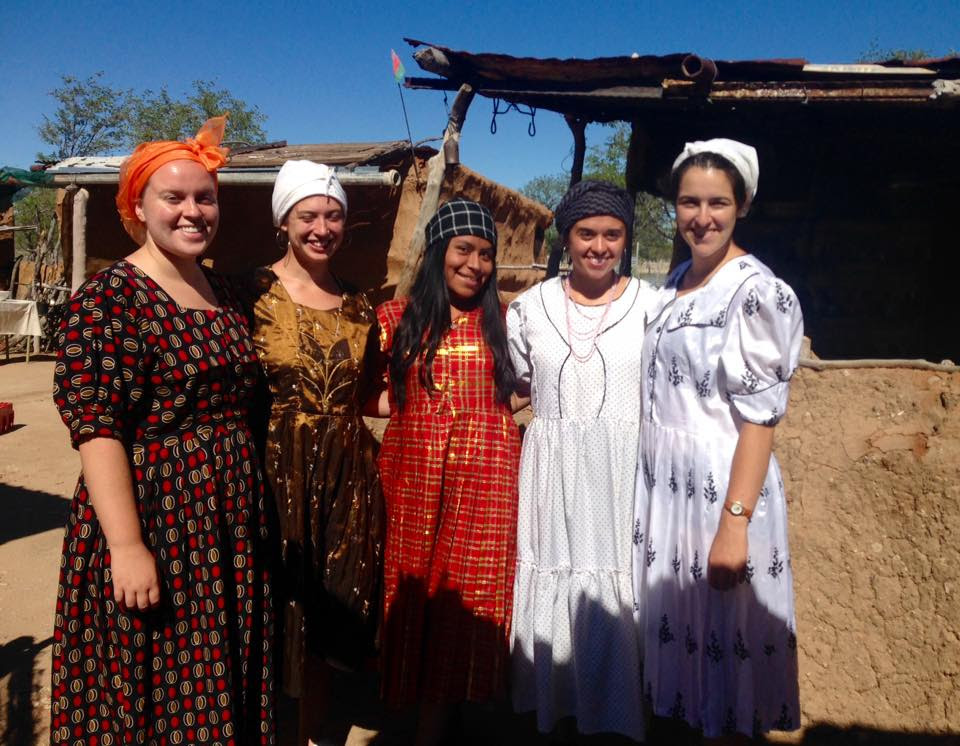Author: Alyson Kneusel
Location: Reutlingen, Germany
My first few days in Germany were a whirlwind of experiences. Everything was new, and I felt I must record every moment. Strangely, as the three day countdown begins for my departure from Germany, I find I feel much the same way. I cherish every experience, because I know it might be my last time doing those activities. Even something as common as taking a train (which is common activity in Germany) became notable again. As my time here comes to an end, I realize how many things I’ll miss and how much I have changed.
On my third to last day in Germany, I took my last final exam, which I think (or hope) went smoothly, and then I began to pack. My roommate and I continually commented on how strange it was to consider leaving. We are excited to return home, but it seems surreal to leave our home here. At night we got a chance to all spend some time with our German teacher, and one of my fellow study abroad students made an interesting comment. He said that he hopes one day to return with his son to Reutlingen and tell him that he is walking where his father once walked. This struck a chord with me because I feel like Reutlingen has become part of me, and I would love to chance to share that with my family.
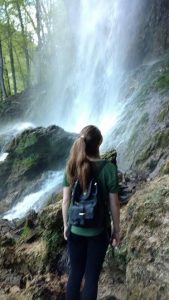 Today, my second to last day in Germany, I went on a six hour guided hike of Bad Urach with the students from my program, the residential director, and one of our teachers here. It was absolutely beautiful. We climbed up the side of a waterfall, and as I felt the spray land one me, I realized how alive I felt, and how many adventures I have had (I only found out after writing this that my roommate captured the moment in a picture). Shortly after, we bought food at a food stand on top of the waterfall, which consisted of Weisswurst (white sausage) and a pretzel. I realized that I now considered such a meal entirely normal, but just four months ago this would have seemed like something out of a movie. Yet today this was my reality.
Today, my second to last day in Germany, I went on a six hour guided hike of Bad Urach with the students from my program, the residential director, and one of our teachers here. It was absolutely beautiful. We climbed up the side of a waterfall, and as I felt the spray land one me, I realized how alive I felt, and how many adventures I have had (I only found out after writing this that my roommate captured the moment in a picture). Shortly after, we bought food at a food stand on top of the waterfall, which consisted of Weisswurst (white sausage) and a pretzel. I realized that I now considered such a meal entirely normal, but just four months ago this would have seemed like something out of a movie. Yet today this was my reality.
Tomorrow will be my very last full day in Germany. Although I have no clue how it will feel, I am sure that at least one tear will be shed. It will be a day of goodbyes to my teachers, new friends, and my fellow study abroad students who have been like my family here. Perhaps the hardest part is that I must face the fact that the chances of seeing many of them again are slim. It is hard to let go of people and places that have changed you so much. However, it will not be all sad. We are going out to my favorite restaurant Barfüsser for a traditional German dinner with our teachers and group for a farewell dinner. Not only will the food be excellent, but it will be a chance to celebrate our time together here in Germany.
If you have ever read a good book, you know that the end is a bittersweet experience. On one hand you are anxious to complete the story and move on the sequel. On the other you dread the conclusion because that will mean it is over. I find myself continually relating my emotions to this situation. I am really sad for tomorrow to come because that means that possibly the best semester of my life will come to the end.
That being said, every hour we move forward is one hour sooner I get to see my family, friends, and home. In the next two weeks not only will I return to the USA, but I will also watch my little sister graduate from high school, visit my family and my boyfriend who I haven’t seen in months, and begin an Immunology summer internship at Washington University in St. Louis. I think it is important to remember you never know which way a series will turn. For all I know, there will be a plot twist, and I will end up back in Germany again one day. As I say a tearful goodbye to Reutlingen, I look forward to future and whatever that might have in store for me.
The End…for now!
Alyson Kneusel
